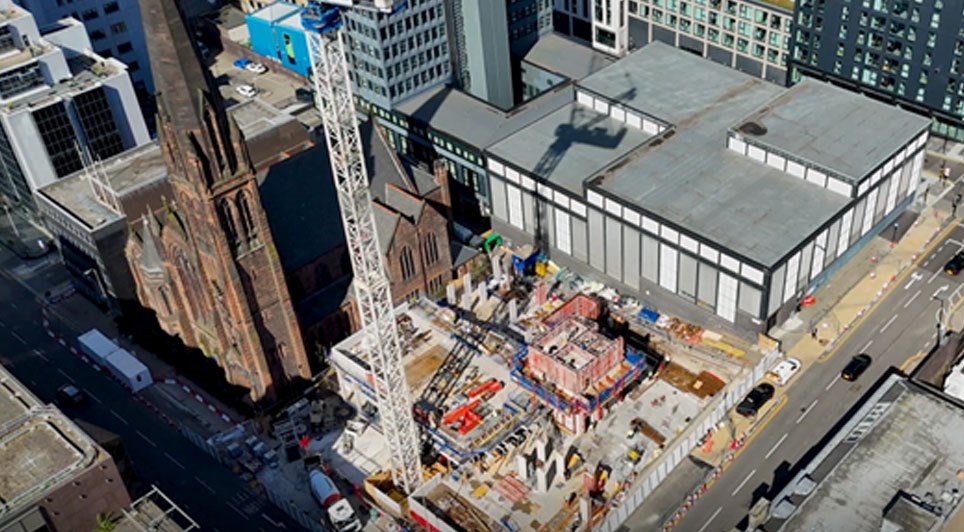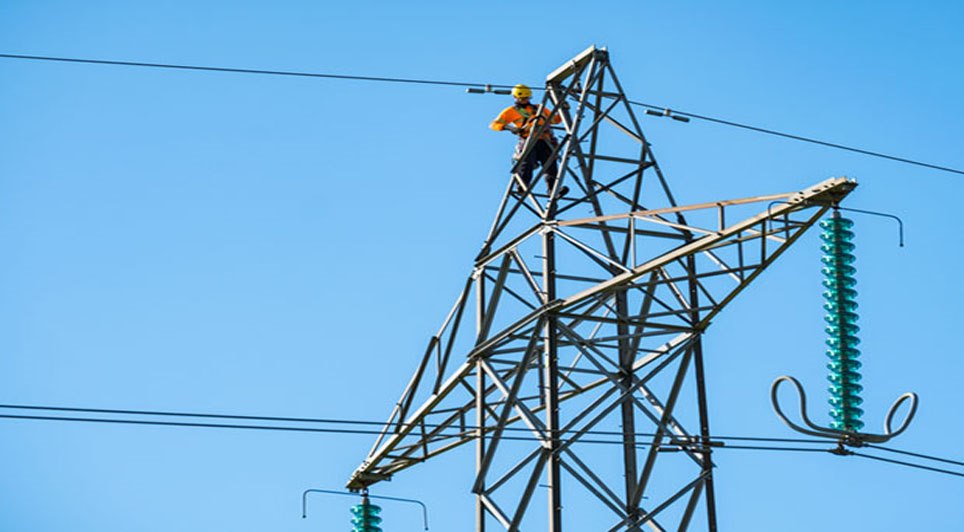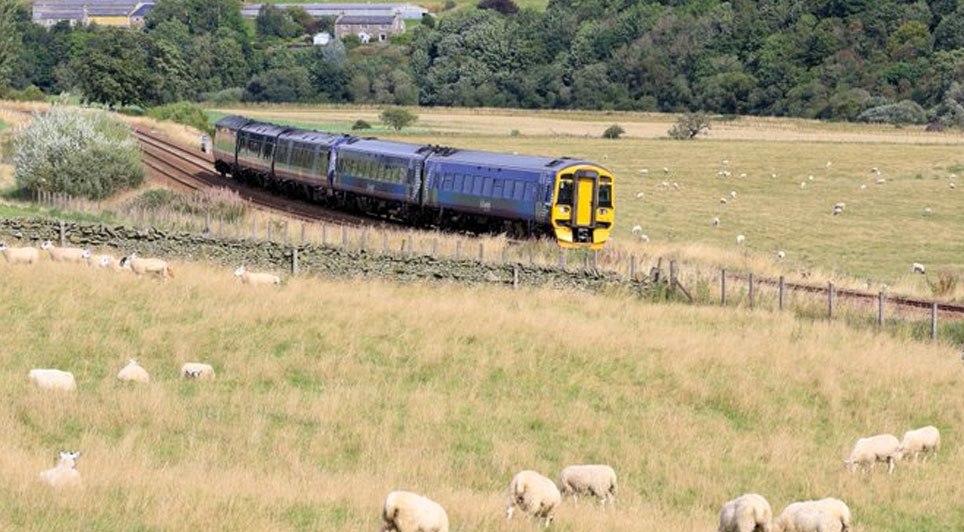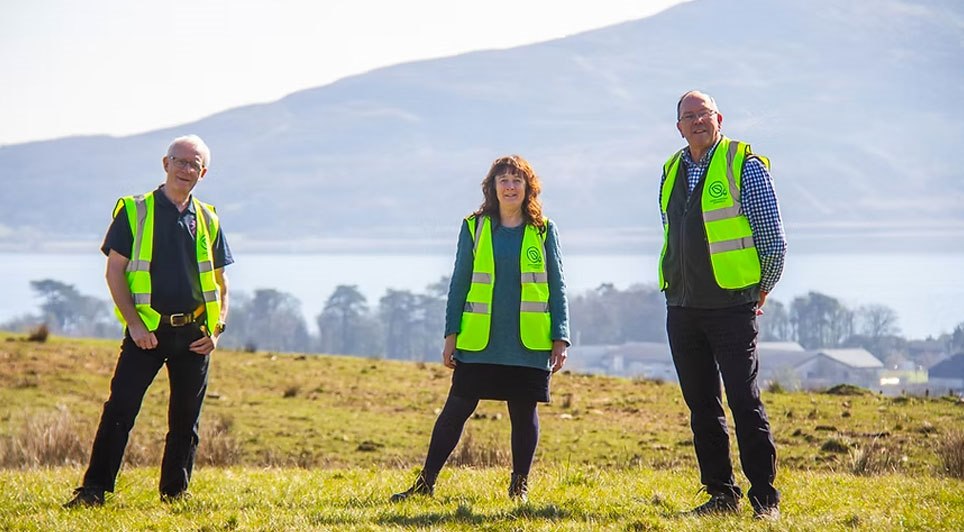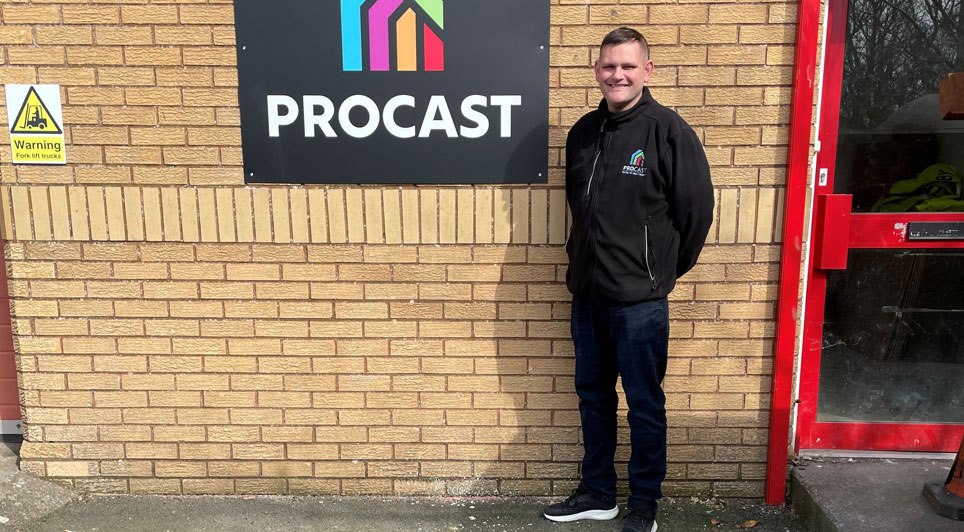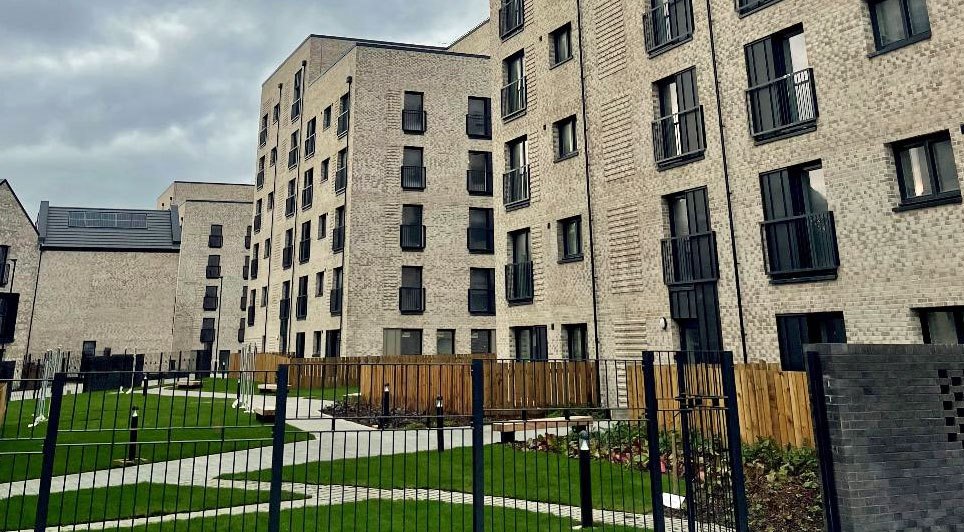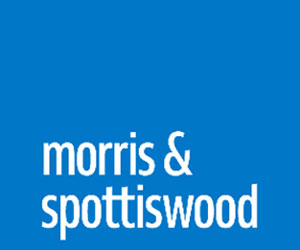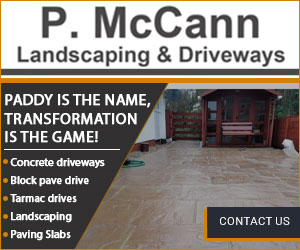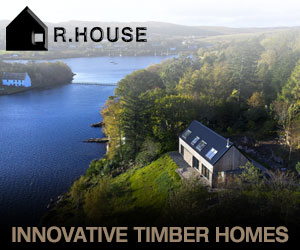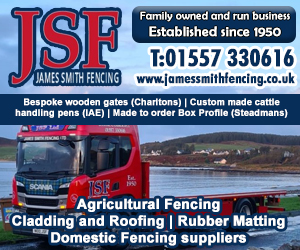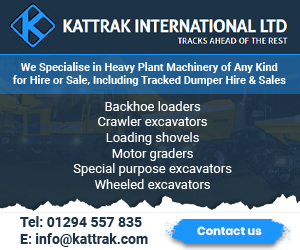The Eurocode 5 (EN 1995-1-1:2004 Design of timber structures) regulations came into effect this month, and apply a performance standard to the type of fasteners, such as screws, nails and bolts, used in load bearing timber structures.
This can range from timber framing to roofing.
The regulations also set out minimum requirements for corrosion protection.
Fasteners meeting this standard must be CE marked to show they comply with the relevant standard, and by July 2013, any jobsite that does not comply with the EC5 regulations will be in breach of European Law.
EC5 Nails falls into three service classes which are mainly related to the moisture content in timber, but external factors, such as local atmospheric conditions and timber preservation treatments can affect the required Service Class.
Service Class 1 relates to an indoor environment with low moisture content or no damp or condensation.
Service Class 2 relates to an area outside the structure's thermal barrier, but is a protected outdoor environment, while Service Class 3 is an unprotected outdoor environment/exposed directly to atmosphere, high humidity, coastal areas.
Eurocode 5 is one of 10 Eurocodes aimed at harmonising the standards for all construction products across Europe, simplifying the choice between competing products and opening up the market, encouraging the spread of knowledge and best practice. It also sets minimum acceptable performance criteria.
The objective is that all construction products will be CE marked to show that they are safe and fit for purpose in terms of:
- Mechanical resistance and stability
- Safety in case of fire
- Hygiene, health and the environment
- Safety in use
- Protection against noise
- Energy economy and heat retention
www.nailfastonline.co.uk
(JP/CD)
 Scotland
Scotland UK
UK Ireland
Ireland London
London



